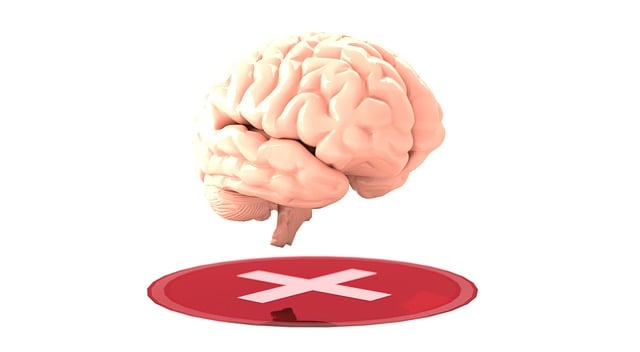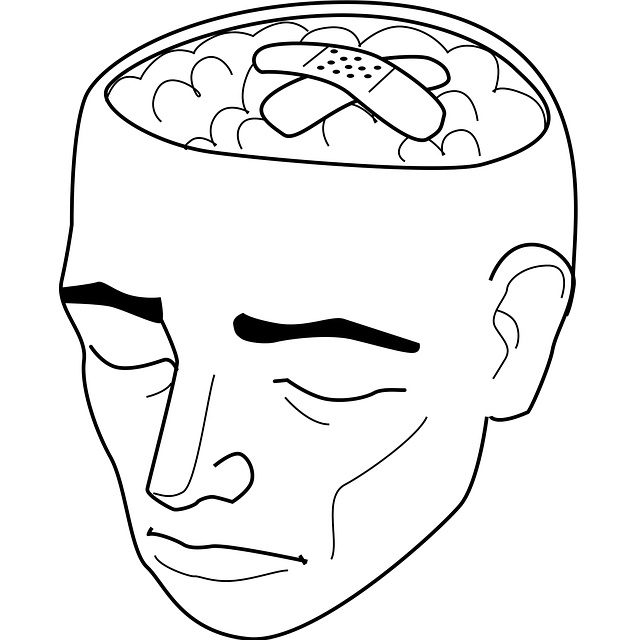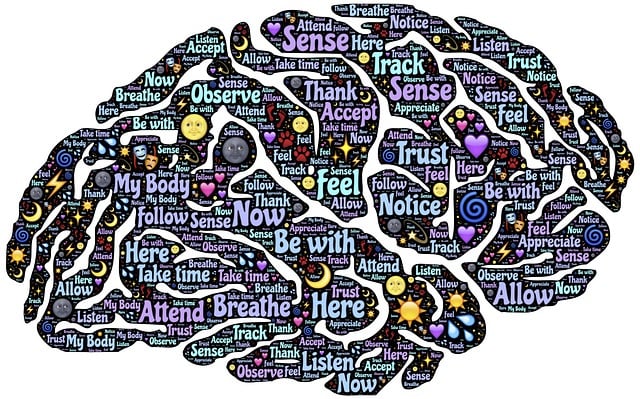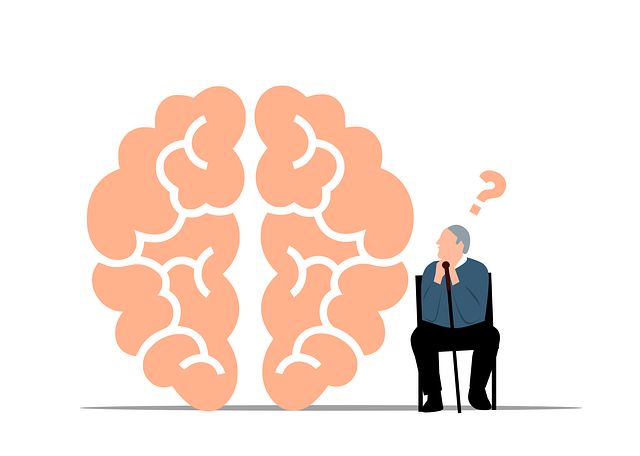Aurora Functional Neurological Disorder (AFND) Therapy offers specialized strategies for complex neurological conditions, focusing on cognitive, sensory, and motor impairments. Community outreach programs aim to improve access to mental health resources, foster social engagement, and promote coping skills development. These initiatives utilize a blend of traditional and digital methods, ensuring cultural sensitivity and tailored approaches. Overcoming stigma and catering to diverse needs are key challenges, with success measured through clear outcomes, client feedback, and iterative improvements.
“Community outreach programs play a pivotal role in expanding access to specialized treatments like Aurora Functional Neurological Disorder Therapy. This article guides you through the process of implementing successful initiatives, from setting achievable goals to overcoming challenges and measuring impact. Discover effective strategies for engaging diverse audiences, ensuring your program makes a tangible difference. Learn how Aurora Functional Neurological Disorder Therapy can benefit communities, and explore key metrics for continuous improvement.”
- Understanding Aurora Functional Neurological Disorder Therapy and its Impact
- Setting Realistic Goals for Community Outreach Programs
- Strategies to Engage and Reach Target Audiences Effectively
- Overcoming Challenges in Implementing Outreach Initiatives
- Measuring Success and Continuous Improvement in Community Therapy Programs
Understanding Aurora Functional Neurological Disorder Therapy and its Impact

Aurora Functional Neurological Disorder (AFND) Therapy is a specialized approach designed to address complex neurological conditions that significantly impact daily functioning. This therapy focuses on understanding and managing symptoms like cognitive impairments, sensory sensitivities, and motor difficulties often associated with AFND. By employing tailored strategies, such as sensory integration therapy, cognitive rehabilitation, and adaptive skills training, professionals aim to enhance patients’ quality of life and promote independence.
The impact of AFND Therapy extends beyond improved symptoms. It offers individuals and families crucial crisis intervention guidance during challenging periods. Additionally, through Mental Health Education Programs designed with cultural sensitivity in mind, this approach fosters a deeper understanding of AFND within diverse communities. This cultural sensitivity is essential for building trust and ensuring that care remains accessible and relevant to all, regardless of background or beliefs.
Setting Realistic Goals for Community Outreach Programs

When designing Aurora Functional Neurological Disorder Therapy community outreach programs, setting realistic goals is paramount to ensure success and meaningful impact. These goals should be tailored to address specific needs within the target community, aligning with the therapy center’s expertise. For instance, a primary goal might be improving access to mental health resources for underserved populations, fostering a sense of belonging through social engagement activities, or promoting coping skills development among youth.
Realistic objectives allow for measurable outcomes and facilitate the assessment of program effectiveness. Organizations offering Aurora Functional Neurological Disorder Therapy should aim for both short-term achievements, like increased awareness about stress management techniques, and long-term goals such as cultivating a supportive community environment that encourages positive thinking and resilience. Balancing these aspirations with practical considerations ensures the outreach programs achieve tangible results while remaining adaptable to the evolving needs of the community.
Strategies to Engage and Reach Target Audiences Effectively

Implementing community outreach programs requires a strategic approach to effectively engage and reach target audiences, especially when addressing specialized needs like Aurora Functional Neurological Disorder (AFND) therapy. A multifaceted strategy that combines traditional methods with innovative digital tools can ensure a broader reach. For instance, utilizing social media platforms and online forums dedicated to mental health awareness can help break down barriers and increase accessibility for those seeking AFND therapy or related emotional healing processes.
Cultural sensitivity in mental healthcare practice is another critical aspect. Customizing outreach efforts to resonate with diverse communities requires an understanding of their unique cultural contexts and beliefs regarding mental health. This involves training mental health professionals on risk assessment and utilizing culturally competent resources to ensure that services are welcoming and inclusive. By adopting these strategies, community outreach programs can better address the needs of various target audiences, fostering a more supportive environment for emotional healing processes while mitigating potential risks through comprehensive risk assessments.
Overcoming Challenges in Implementing Outreach Initiatives

Implementing community outreach programs, such as Aurora Functional Neurological Disorder Therapy, isn’t without its challenges. One significant hurdle is reaching and engaging individuals who may be hesitant to participate due to stigma associated with mental health issues like functional neurological disorders (FND). Overcoming this requires a nuanced approach that fosters trust and educates the community about FND’s nature and treatability.
Another challenge lies in ensuring the program aligns with the diverse needs of participants. Everyone’s journey towards mental wellness, including anxiety relief and inner strength development, is unique. Customizing outreach initiatives to cater to different backgrounds, abilities, and preferences can be complex but is essential for maximizing impact and fostering genuine connection.
Measuring Success and Continuous Improvement in Community Therapy Programs

Measuring success and fostering continuous improvement are vital aspects of any community therapy program, especially when addressing complex issues like Aurora Functional Neurological Disorder (AFND). To evaluate the impact of these initiatives, it’s essential to set clear outcomes and metrics that align with the program’s goals. This could involve tracking participation rates, client satisfaction scores, and behavioral changes over time. For instance, an increase in attendance at support groups or improvements in self-care practices among participants can be strong indicators of a program’s success.
Regularly gathering feedback from both clients and therapists is another powerful strategy for improvement. By implementing Empathy Building Strategies that encourage open communication, programs can better understand the unique needs and challenges faced by individuals with AFND. This knowledge can guide adjustments to existing Self-Care Practices and interventions, promoting Self-Esteem Improvement and overall therapeutic outcomes. Such iterative processes ensure community therapy programs remain relevant, effective, and tailored to the evolving needs of those they serve.
Implementing community outreach programs for Aurora Functional Neurological Disorder (AFND) therapy requires a strategic approach. By setting achievable goals, employing effective engagement strategies, and overcoming challenges, organizations can successfully reach targeted audiences. Continuous improvement, measured through key performance indicators, ensures these programs make a lasting impact on the lives of those affected by AFND, fostering a supportive community environment.













